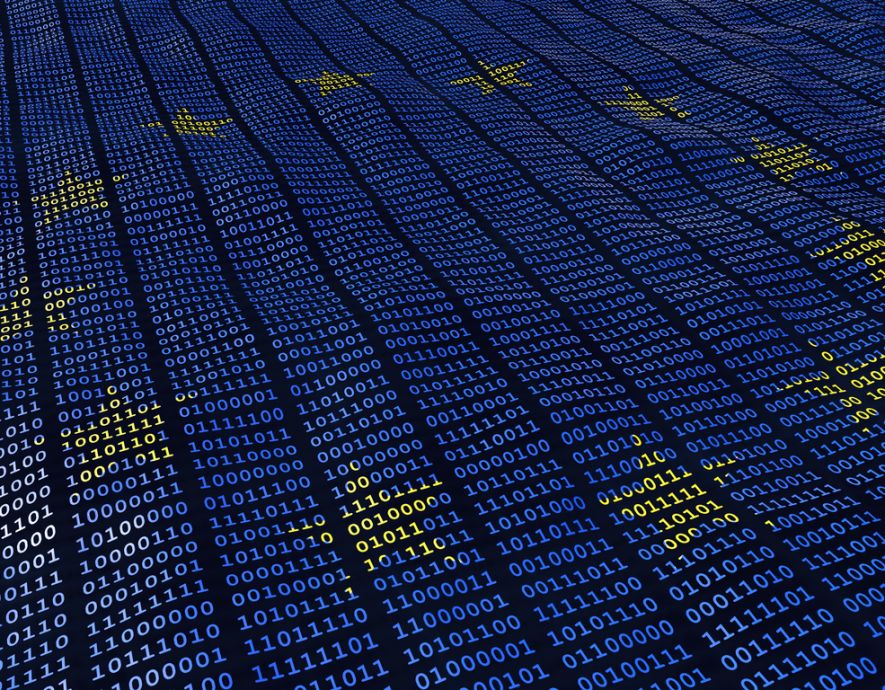![Cyberspace has not won the survival of the fittest, says the UN [by Florence Mangin, Ambassador coordinator for cybersecurity and public data]](https://incyber.org//wp-content/uploads/2024/03/adobestock-749446930-1-1920x735.jpeg)
Cyberspace has not won the survival of the fittest, says the UN by Florence Mangin, Ambassador coordinator for cybersecurity and public data
Articles by the same author:
2
4
06.17.25 Cyber +
INTERVIEW with Daniel Blanc, New Director General of the INCYBER Forum Canada
Read
05
MIN




